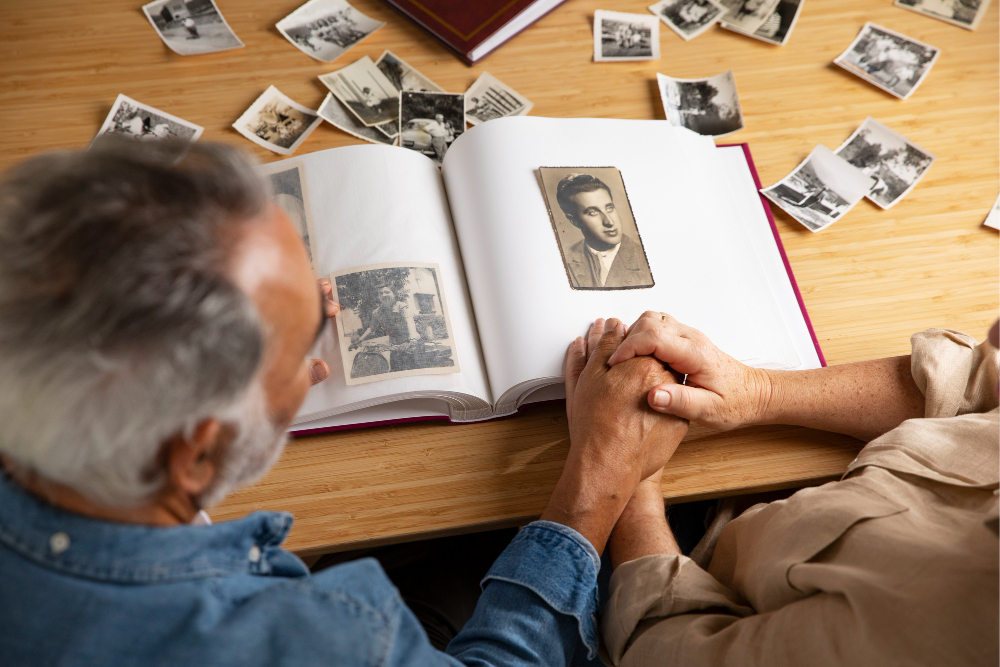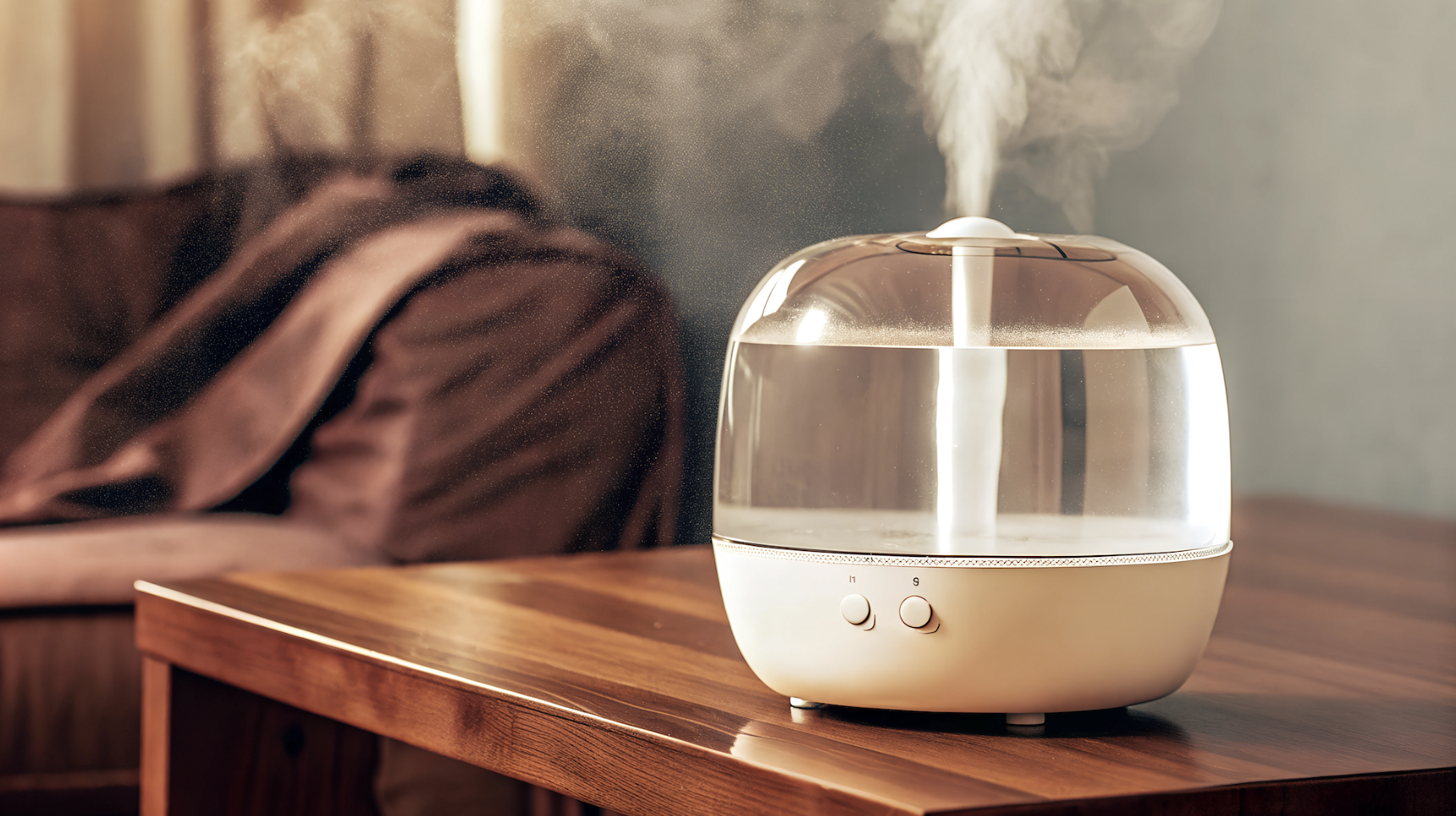Our ability to retain and recall information shapes everything from personal memories to professional success. Yet, making memories “stick” can be challenging in today’s fast-paced world. Fortunately, science provides valuable insights into how we can optimize our brains to better store and retrieve information. By engaging in specific techniques—such as combining movement with learning, using scents to stimulate memory, leveraging music, and prioritizing quality sleep—we can make it easier to consolidate and recall memories. Here’s four tips to practical, research-backed strategies that enhance memory and improve learning outcomes.
Combining actions/movement with learning:
Walking or dancing while talking or learning about something can help it stick better in your memory. When movement (kinesthetic learning) is combined with cognitive tasks, it engages different brain areas, such as the motor cortex and areas involved in spatial navigation, alongside those responsible for memory and learning. Movement increases alertness, making the brain more receptive to input. Physical activity also releases neurotransmitters like dopamine and norepinephrine, which play key roles in attention and motivation, further enhancing memory consolidation. The context in which we learn something, including the physical context, can affect how we recall it. Movement creates a unique context, potentially making memories more distinct and easier to retrieve.
Combining olfactory stimulation with learning:
The olfactory system has a unique direct pathway to the brain, particularly the limbic system, which includes the hippocampus (central to memory formation) and the amygdala (involved in emotion). Because of this direct connection, smells can trigger strong memories and emotions. Scent acts as a cue that can trigger recall of information later. Rosemary essential oil, for example, has been shown to have positive effects on memory retention and alertness, possibly due to its compounds that may affect neurotransmitter activity related to memory.
Combining auditory stimulation with things you want to remember:
The emotional response to music can be leveraged to create stronger memories. Additionally, music can establish a rhythm that helps in the encoding of information. Auditory cues like background music can serve as mnemonic devices. The specific melodies or rhythms can become intertwined with the information being learned, making it easier to recall the information when the music is remembered or heard again.
Short-term memory is transferred to longer-term memory storage during the deep stages of sleep, so optimizing sleep quality is critical:
Some ways to optimize:
- Keeping a consistent sleep schedule
- Improving sleep environment (no light, white noise, no devices near bed, etc)
- Time meals to avoid eating within 3 hours of bedtime
- Exercise regularly and earlier in the day.
- Create a sleep-supporting evening routine (no blue/white light, no stimulating movies, tv shows, avoid phones/screens altogether for an hour before bed, warm bath, sauna, reading, relaxation exercises/stretching, meditating, etc.)
Memory isn’t solely a mental exercise; it’s a blend of physical, sensory, and emotional inputs that work together to create strong, lasting impressions in the brain. By incorporating movement, leveraging our senses of smell and hearing, and ensuring quality sleep, we can significantly improve our memory retention and recall abilities. These simple yet powerful practices can turn everyday moments into memories that last a lifetime, helping us thrive personally and professionally. Remember, optimizing memory is a lifelong journey, and small, consistent changes can lead to profound results.
Additionally, advanced testing can help pinpoint the best ways to optimize your brain health. Schedule a free call here with Dr. Scott Noorda, DO to learn more about the specialty labs we offer and next steps to take.



